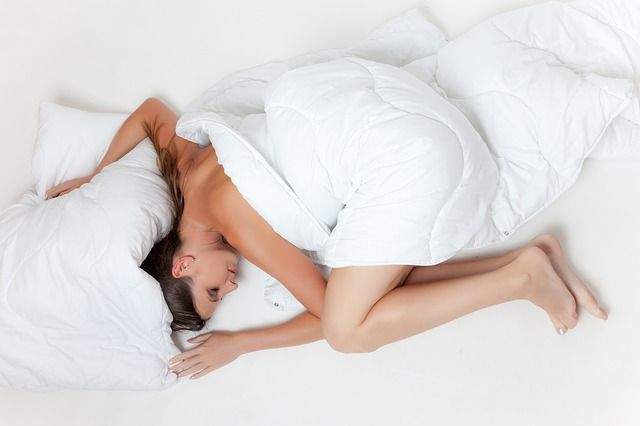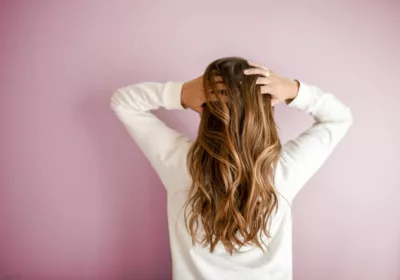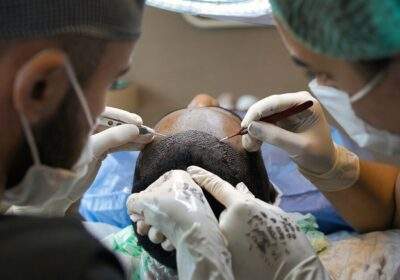
Know How Sleeping Improves Your Skin Health

Most of us have heard that it’s important to get enough sleep. More than helping us to be alert and able to go about the tasks of the coming day, sleep is essential for our bodies to function effectively – including our skin. While dark circles under our eyes haven’t been scientifically linked to poor sleep, plenty of other detrimental effects of chronic poor sleep have been proven.
How Sleep Improves Skin Function
While you sleep, your body slips into a parasympathetic state in which your blood flows more readily to the skin and your kidneys become more active. This increase of blood and oxygen to the periphery of our body brings amino acid molecules with it that help to build collagen, while at the same time, removing excess fluid and toxins. This process improves our ability to repair wounds and maintain the skin’s hydration and smooth texture.
In short, sleep results in the repair and restoration of our body’s biggest organ, the skin.
How the Skin Suffers When We Don’t Get Enough Sleep
Sleep deprivation on the other hand, not only robs us of the benefits the parasympathetic state brings, it can also disrupt the skin barrier function resulting in inflammatory disorders such as psoriasis, eczema, acne and atopic dermatitis becoming a problem.
Sleep deprivation can be caused by many different things; artificial lights, shift work and our social lives can all get in the way of a good night’s sleep. While this is generally not an issue if sleep disturbances are merely sporadic, when poor sleep becomes a chronic issue, our health and skin visibly suffers.
Along with problems arising in our skin barrier function, other chemical changes take place in our skin when we don’t get enough sleep. An increase in glucocorticoid, cortisol and matrix metalloproteinases cause the skin plumping hormone collagen to break down faster, elastin to deteriorate quicker and wrinkles to deepen and develop sooner.
On top of this, without sufficient sleep, your body won’t produce sufficient cytokines – a protein that targets infection and inflammation – so you’ll wake looking puffy and your immune system less able to combat infections.
3 Practical Tips for Sleeping Your Way to Better Skin
While most of us understand the importance of a good night’s sleep, it’s not always easy to attain. Below are three useful tips to help you sleep well and improve your skin health and function.
1. Optimize your sleeping area – This means more than simply making sure you have a comfortable mattress, although one study showed a new mattress could improve sleep quality by 60%. Minimize noise and light as well as ensuring your bedroom is the right temperature for a comfortable night’s rest.
2. Bedtime wind-down – Relaxation techniques such as mindfulness and meditation, taking a hot bath or reading a book have all been shown to improve sleep.
3. Reduce Blue Light Exposure – Although beneficial during the day, at night blue light can make your body think it’s daytime. Try blocking blue light on electronic devices at least two hours before bed.
















